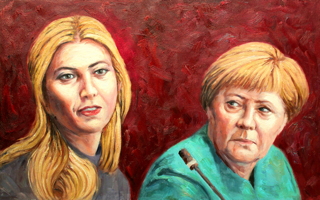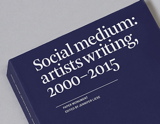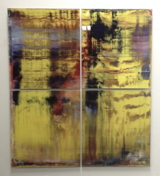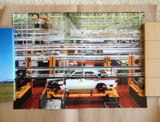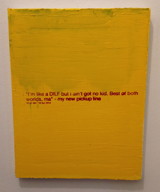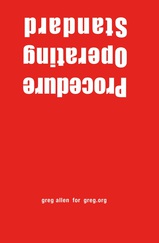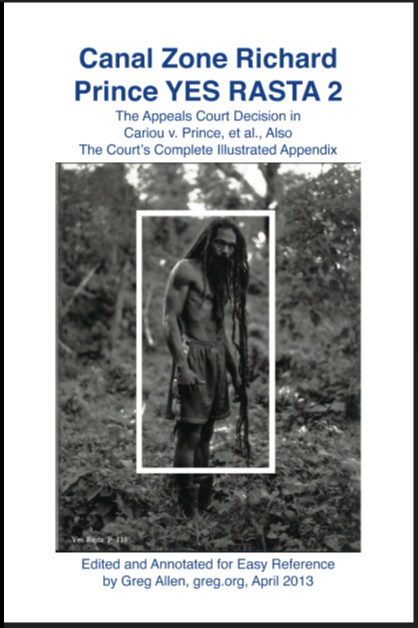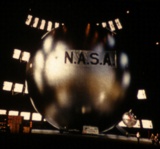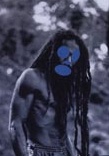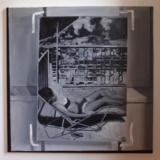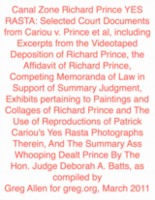The script: Some people have asked if Iíll post the script here, and I feel a little odd to tell them there really isnít one at this point. Itís not really a matter of saying, ìItís a documentary; there IS no script,î because plenty of documentary films are scripted, or staged, or laid out before theyíre shot. When I worked on a documentary for Japanese public television right after graduating from college, I got self-righteously indignant before interviewing an expert when the director told me I needed to get him to say something very specific. ìIsnít that dishonest? Itíd be more ërealí to let him decide what he says, and we'll just capture it,î I protested. Of course, I quickly found out that the reason we were even considering interviewing him was because heíd expressed exactly that view in an article somewhere. Earlier, a researcher had found this expert and scripted him in. (Writing this, Iím reminded of the Simpsons episode were Bart became annoyingly famous for saying, ìI didnít do it.î He's a guest on Conan, who tells him, "Just do the line." Same thing.)
Anyway, two years ago, when I conceived this project, I had the general idea of telling the stories of my grandfathersí lives. The standard elements of that production were obvious, if critically unexamined: interviews with them, their family members and friends; ìtoursî of important places in their lives, family photos and memorabilia, historical documents and footage, etc. Journal writing and family history are strong principles of the Mormon tradition and teaching where my grandparents live, so it should be easy to pull the raw material together, I automatically thought. In fact, the project itself could be explained rather nicely within that context. The narrative structure was originally, then, chronological biography. Interesting, perhaps, but also understandable when it sat on the back burner for a couple of years. Making an episode of A&E Biography (still) doesnít interest me.
Not that my grandfathersí lives arenít a great story. Thereís just a difference between the documented life and the examined life. I hadnít been prepared or in the state of mind to examine their lives or to delve into their examinations of their own lives. As many journalsóMormon and otherwiseóand weblogs attest, itís not enough to just make an account of what you did or where you went, what you bought, who you met. At the other end of the spectrum, reflexive analysis of what you think or feel or intend can be just as unsatisfying and specious, especially at the time, and especially if itís done for ìposterityî (a family history [note: that link is a 1976 church mag article.]) or public consumption (Biography).
So. The project came back to the fore after I had developed some questions I wanted to examine and answer for myself. The most immediate medium for exploring these questions is my family, my grandparentsí lives and experience. Some of these questions have already been referred to in this log; others I plan on NOT posting, because I feel they could potentially obscure the experience of making and watching the movie. And in some cases, I still donít know the questions, much less the answers. Itís an iterative process, which is extremely well suited to digital video and, I hope, to weblogs as well.

